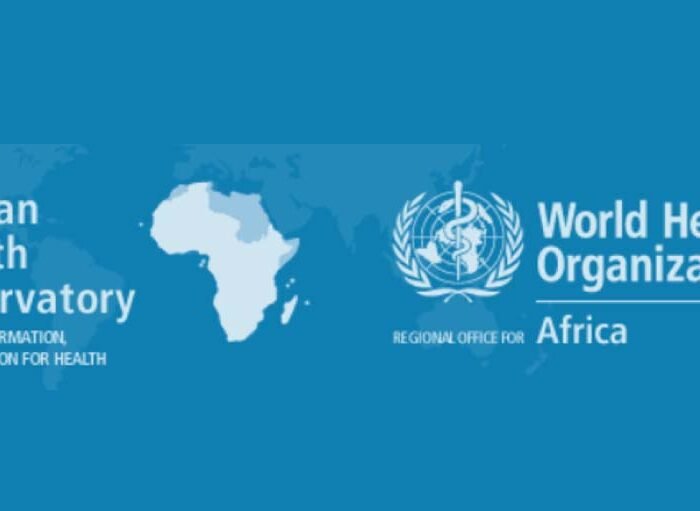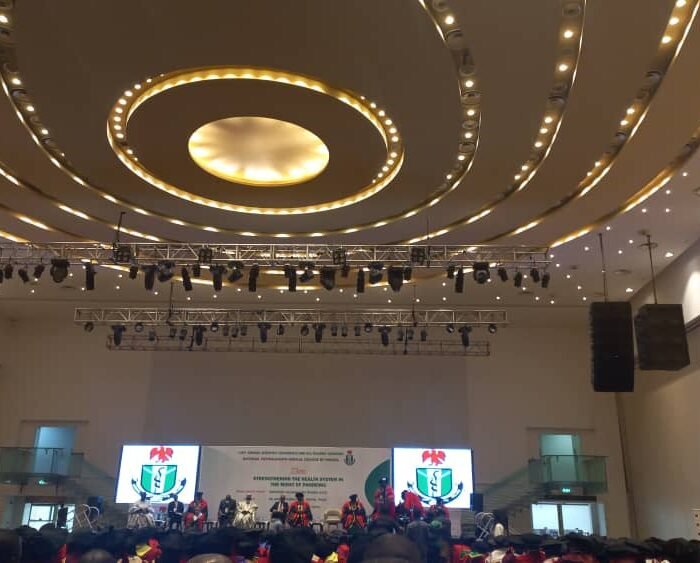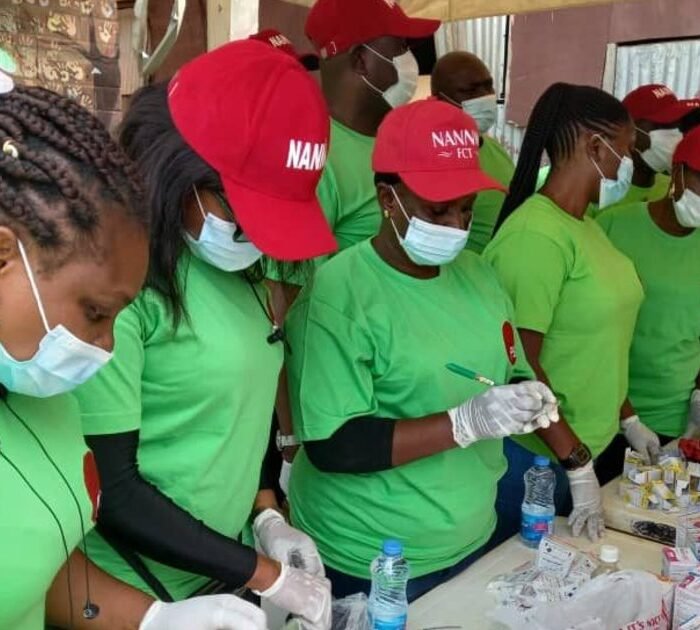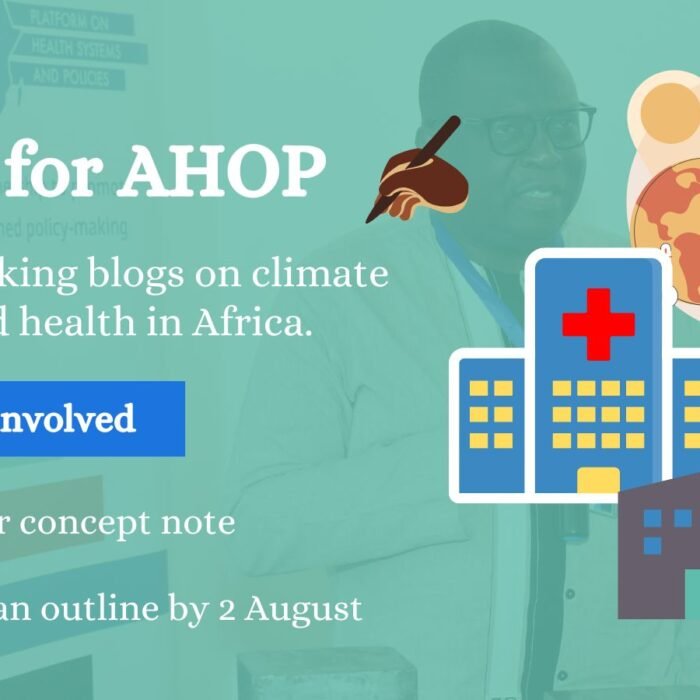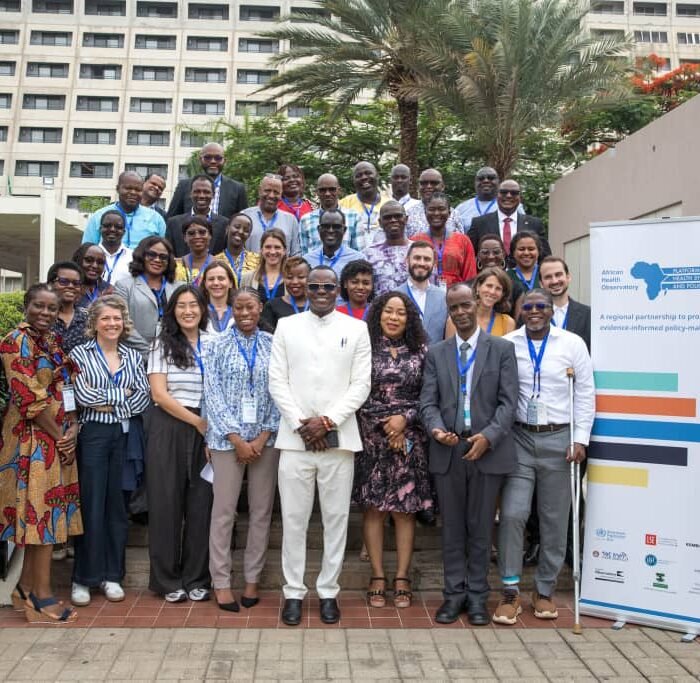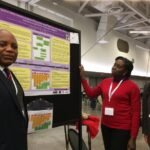Prince Agwu & Obinna Onwujekwe
It is common to find editors of journals ask scholars to make their research papers appeal to a wider readership. By this, they imply that scholars should move away from a narrow lens, which could be their disciplines, communities or countries as target readers and users of their research findings. When these papers are finally published with a wider readership in mind, they might end up just with co-academics who are doing related studies or students researching around the subject. Hence, they circulate just within the academic walls, and at best, might fetch scholars some Google or Scopus citations and/or reads from ResearchGate. So, is that the reason we should publish our research?
If undergoing strenuous activities from research conceptualization to data collection, analysis and presentation, and at last, publishing in a peer-reviewed journal after tons of revision, would end up just with colleagues or researching students, then scholars might just agree to take off the “problem solving” description attached to the meaning of research. We know most persons within the league of the above-mentioned groups might not have the wherewithal to readily move our studies into practice. Thus, there is an urgent need to spread the “reach” of our studies and expand their ends to attract practicable impacts that should be the highest fulfilment for scholars. And if we must start this conversation, we should begin by asking ourselves this question – who reads our research?
Blogs or Publications??
We should be frank enough to accept that many of our students will happily read a news editorial than our publications just because they would not want to be fixed in an academic hotbed which our publications reflect. A handful will prefer to read novels than our 15-paged publications, for the obvious reason that they seem to have a dislike for the stress academics puts them through which we know is typical of publications. Besides, we might have noticed that the many in-text citations that dot our publications are scary to these groups of non-academics but sits just fine with academics.
Have you ever tried to pass a publication to a politician, a public office holder, or an important community actor? Have you tried to gauge their reactions, especially in climes like Africa where reading is “death” to many? Yet these public office holders and community actors would happily read a simple writeup published in a daily or a Facebook post or one of these shared writeups on WhatsApp. And we know that most of these public office holders and community actors are important stakeholders in the practical utilization of the knowledge from our studies. When they are well involved, they can help push knowledge from our studies into physical realities. Therefore, appealing to these groups of persons should be a vital part of our research, and in this article, we share the sentiments that blogs can do the job.
Quick stats!!
In 2018 and 2020, we published two articles in The Conversation a famous blog outlet, while the larger study was published in Health Policy and Planning a popular health policy and systems research journal. We discovered that as of April 2021, each of our articles in the blog outlet got over 6200 reads and counting, while the journal article got below 4500 page views and not up to 1000 downloads, even that it was published before the second blog article. See images below:


Are scholars bothered?
In a study, scholars agreed to declare an academic emergency in the world of scholarship. They said, scholars must come together to discuss among themselves the need for seamless research communication, condensing research outputs into easy-to-read formats. These professionals shared the sentiment that their studies are often for a clique of co-academic, even when they know that non-academic groups and policymakers would immensely benefit from the wealth of knowledge and evidence their researches offer. They cited that the journalist would easily reach the hearts of communities and policymakers than the academic because of the seamless and easy-to-read way they adopt in the communication of knowledge. Interestingly, they had a consensus to evolve their research communication by introducing formats with which the public can easily relate, and they include blogs, infographics, cartooning, animation, filming, etc. Unfortunately, most academics are not inclined to these outlets.
Doing blogs is never less professional!!
Scholars are known for jargons, and you can find many of them in their published studies. We know how jargons stall the passage of information. So, a health scientist might be interested in econometrics, then he or she stumbles on a paper in that regard but gets discouraged to read further because the concepts are too high and difficult to relate with. This is where the power of a blog is made manifest. It is a rule of thumb that blog writers should have a college fresher in mind. The jargons and the high-handed knowledge must be condensed to what the college fresher can read and grasp.
Would scholars not be pleased if the big concepts are made so understandable to all? Please, we do not attempt to neglect the importance of keeping the writing professional and appealing to peers on that level but we feel that there is more to just the academic community. You can try to issue an editorial from a daily and a journal publication to your teenage son or daughter, and judge which will appeal more to them. Stretching the readership of our publications beyond our academic colleagues to the non-academic groups is an evolving responsibility for scholars. And blogs aim to marry these ends, which in turn will benefit the expansion and practicability of our research.
We cannot deny that there is a rapid change in the academic industry with a focus on research communication. We have seen big agencies sponsoring blog outlets and academic institutions building blogs into their various academic communities. Amidst these changes, many are yet to embrace this evolution. A core reason is that these blogs might not count as a part of their promotion criteria or that blogs do not reveal them in their professional regalia, because of how common and down-to-earth the blog writer is forced to sound.
Getting promoted is a good sight and revelling in your professional regalia through the appropriate use of jargons and concepts could account for a quality scholar. But should it be all about ourselves? Should we not think of our research impacts transcending beyond the academic walls? Are we comfortable being known, respected and hailed just among co-scholars? Are we concerned about those who need “quick-reads” and not our “too serious” academic papers? Also, are we fair and just knowing that our academic publications could be closed-access and so much money needed to gain access?
We conclude!!
Have you ever wondered what it would look like if your students come to class to celebrate your piece published in a blog that they found on Twitter? Or a village-head expressing gratitude for your article he or she read on a daily? Or a policymaker talking about how your blog was a quick go-to while in a meeting where important decisions were reached? And importantly, that our condensed research outputs in blog formats increase accessibility for those without the money to pay “subscription fees” to quality studies? We believe it will make more sense to you to share a blog link to the WhatsApp group of your community chiefs than to share an academic publication there, and you can tell the reason if truthful to yourself. It is important that academics come to know that the academic community is not just the target end for research, and there is more to the “reach”. And in that “more” lies the ultimate!
Obinna Onwujekwe is a Professor of Health Economics, Systems and Policies at the University of Nigeria Enugu Campus. He is the Chief Editor of the African Journal of Health Economics, and the Coordinator of the Health Policy Research Group, University of Nigeria. He also coordinates the African Health Observatory Platform (AHOP) for Health Systems, Nigeria Center.
Prince Agwu is an academic at the Department of Social Work, University of Nigeria and a research associate at the Health Policy Research Group, University of Nigeria. He holds a Commonwealth PhD Position at the University of Dundee, Scotland, and he is the Communication Lead for the African Health Observatory Platform (AHOP) for Health Systems, Nigeria Center.
See our call for blog articles:

